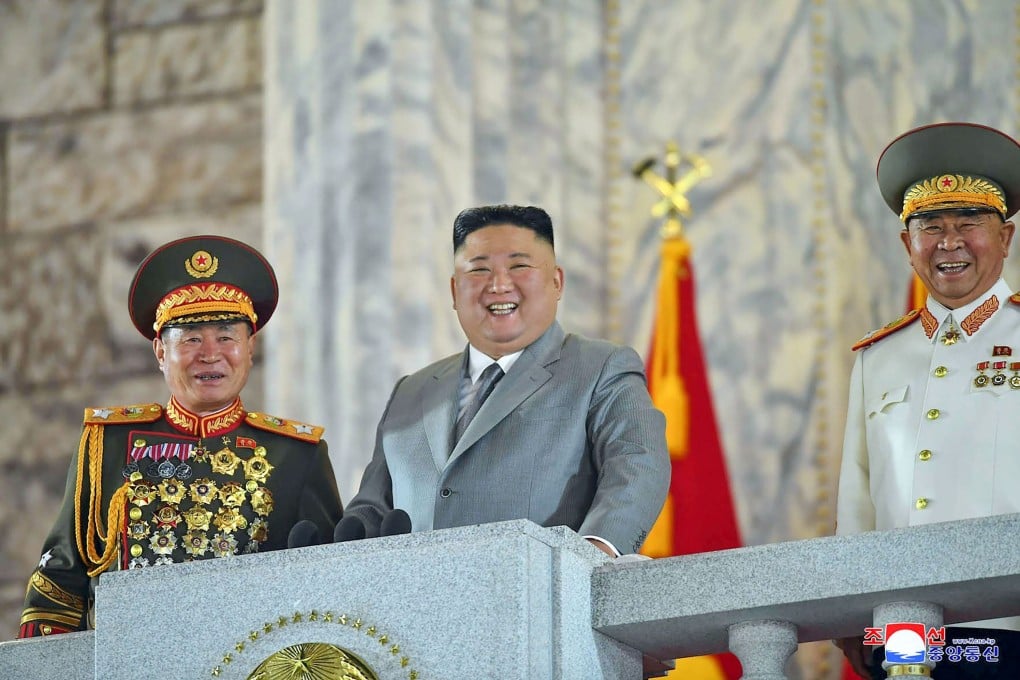Opinion | How can a divided America hope to build peace on the Korean peninsula?
- Even if US foreign policy can rise above partisanship, foreign governments are inevitably going to wonder what will happen to their agreements with Washington if there is a change in administration

Foreign policy was once a domain that stood above partisan politics. But in today’s hyper-polarised political environment, many Americans weigh the value of US action abroad based on the president’s party affiliation.
This occurs even as people across the party divide agree broadly on the nation’s priorities on the international stage. This is the opposite of the Truman-era notion that “politics stops at the water’s edge” and represents a risk in Washington’s ability to conduct a stable foreign policy.
Surveying 1,248 American adults last August, the Korea Economic Institute of America discovered that people’s self-identification with a political party shaped their perception of foreign threats.
Among Republicans, 61 per cent believed China posed the greatest challenge to US interests abroad vs 38 per cent of Democrats. Meanwhile, only 5 per cent of self-described Republicans agreed with 24 per cent of Democrats who saw Russia as the most significant threat to the United States.

02:49
North Korea’s new ‘monster’ intercontinental ballistic missiles on show at military parade

